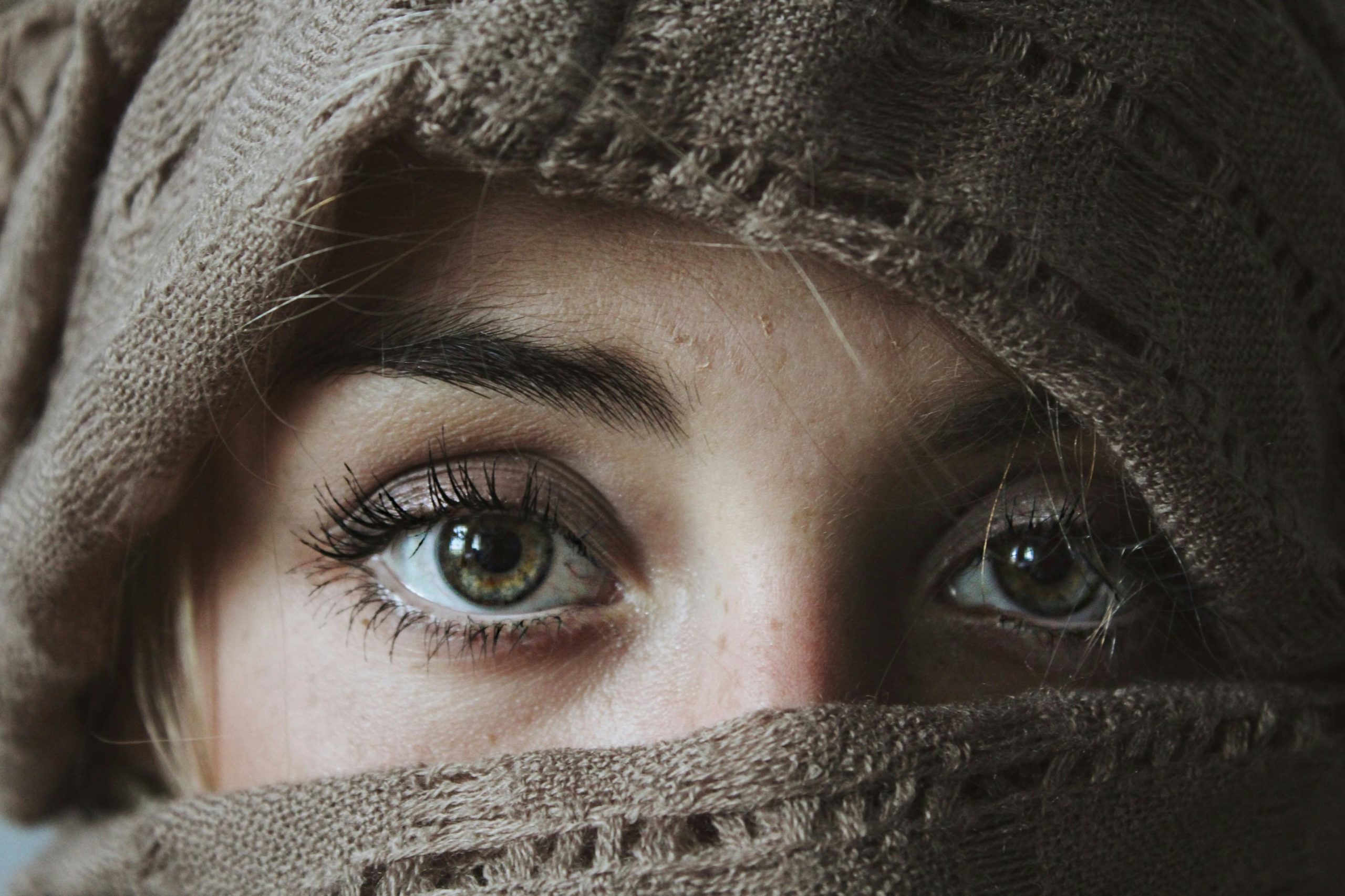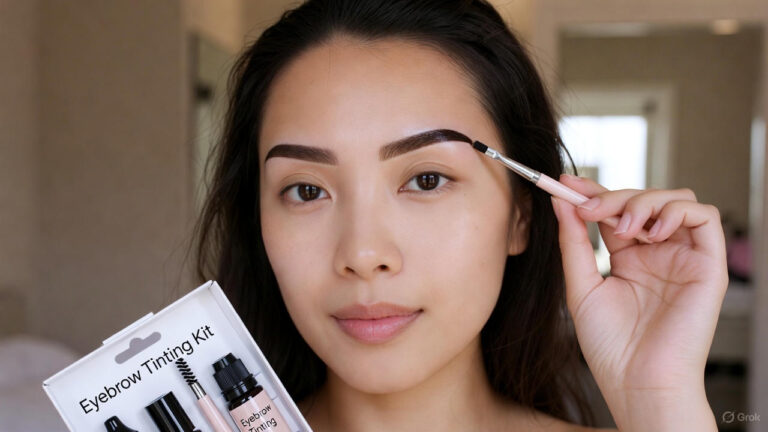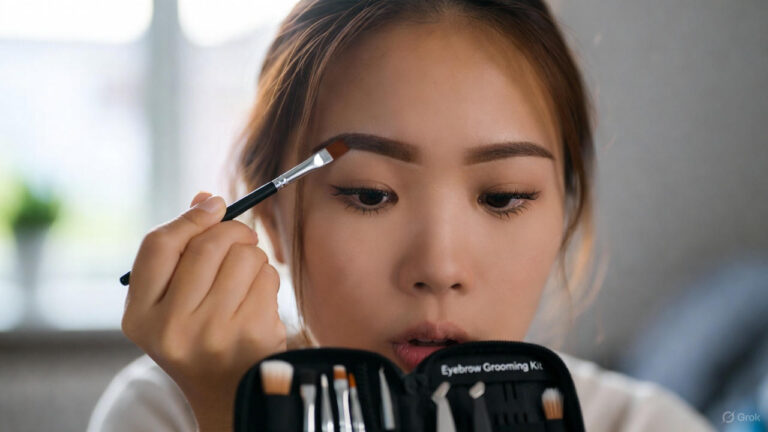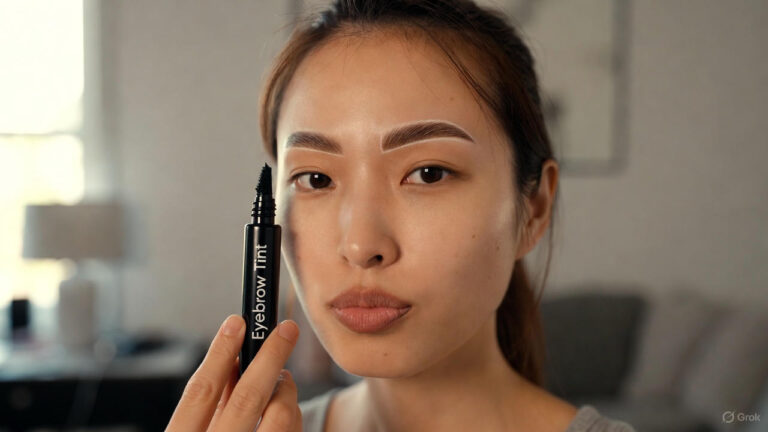Eyes are often considered the windows to the soul, but when they are puffy and tired, they can convey a different message – one of stress and fatigue. Whether caused by lack of sleep, allergies, or lifestyle factors, eye puffiness is a common concern that many people face.
In this comprehensive guide, we will delve into various strategies to depuff your eyes, ranging from simple lifestyle changes to specialized skincare routines.
Understanding the Causes
Before diving into solutions, it’s crucial to understand the potential causes of eye puffiness. Lack of sleep, dehydration, allergies, and genetics can contribute to swollen and tired-looking eyes. Identifying the root cause will help you choose the most effective approach for depuffing.
Genetics: Some individuals are genetically predisposed to retaining fluid around the eyes. In such cases, a combination of lifestyle changes and targeted treatments may be necessary.
Allergies: Allergic reactions can lead to inflammation and puffiness around the eyes. Identifying and avoiding allergens can be a key step in reducing eye puffiness.
Lifestyle Factors: Lack of sleep, excessive alcohol consumption, and a diet high in sodium can contribute to fluid retention and puffiness around the eyes.
Lifestyle Changes for Depuffing
- Prioritize Sleep: Adequate sleep is crucial for overall health and well-being. Aim for 7-9 hours of quality sleep each night to reduce eye puffiness caused by fatigue.
- Stay Hydrated: Dehydration can lead to fluid retention, exacerbating eye puffiness. Ensure you drink enough water throughout the day to stay hydrated.
- Reduce Salt Intake: Excessive salt intake can contribute to water retention, leading to puffiness. Be mindful of your salt consumption and opt for fresh, whole foods.
- Cold Compress: Applying a cold compress can help constrict blood vessels, reducing inflammation and puffiness. Use a chilled cucumber slice or a cold gel eye mask for a soothing effect.
- Improve Your Head While Sleeping: Propping your head up with an extra pillow while sleeping can prevent fluid accumulation around the eyes.
Skincare Routine for Depuffing
- Eye Creams with Caffeine: Look for eye creams containing caffeine, which can help constrict blood vessels and reduce puffiness.
- Gentle Massage: Use your ring finger to gently massage the area around your eyes in circular motions. This can promote lymphatic drainage and reduce fluid retention.
- Chilled Tea Bags: Applying cold, steeped tea bags (green tea or chamomile) to your closed eyes for 10-15 minutes can have a depuffing effect.
- Antioxidant-rich Serums: Incorporate antioxidant-rich serums into your skincare routine. Ingredients like vitamin C can help reduce inflammation and promote skin health.
- Hyaluronic Acid: Hyaluronic acid helps hydrate and plump the skin, reducing the appearance of fine lines and puffiness.
Advanced Treatments for Puffy Eyes
For persistent or severe eye puffiness, advanced treatments may be considered:
- Professional Eye Creams: Consult with a dermatologist for prescription-strength eye creams that address specific concerns.
- Fillers: In some cases, dermal fillers may be used to add volume and reduce the appearance of hollows, diminishing the overall puffiness.
- Radiofrequency Treatment: Non-invasive radiofrequency treatments can stimulate collagen production, tightening the skin around the eyes.
Conclusion
Depuffing your eyes involves a combination of lifestyle changes, targeted skincare, and, in some cases, advanced treatments. Identifying the underlying cause is crucial for selecting the most effective approach. By incorporating these strategies into your routine, you can achieve refreshed and revitalized eyes, enhancing your overall appearance and well-being.
Frequently Asked Questions (FAQs)
1. What causes under-eye puffiness?
Under-eye puffiness can be caused by a variety of factors, including lack of sleep, dehydration, allergies, genetics, and aging. Fluid retention, inflammation, and poor lymphatic drainage can also contribute to puffiness around the eyes.
2. Can under-eye puffiness be a sign of a more serious health issue?
In some cases, under-eye puffiness can be a symptom of an underlying health condition, such as thyroid disease, sinusitis, or kidney problems. If you experience persistent or severe under-eye puffiness, it’s essential to consult with a healthcare professional to rule out any serious health issues.
3. Are there any lifestyle changes that can help reduce under-eye puffiness?
Yes, several lifestyle changes can help reduce under-eye puffiness. Getting an adequate amount of sleep, staying hydrated, reducing salt intake, managing allergies, and avoiding alcohol and caffeine can all contribute to a reduction in puffiness around the eyes.
4. How long does it take to see results from depuffing treatments?
The timeline for seeing results from depuffing treatments can vary depending on the individual and the severity of the puffiness. Some treatments, such as cold compresses or tea bags, may provide immediate relief, while others, such as using eye creams or making lifestyle changes, may take several weeks to show noticeable improvement.
5. Are there any medical procedures available for treating under-eye puffiness?
In some cases, medical procedures such as laser therapy, dermal fillers, or surgery may be recommended for treating severe or persistent under-eye puffiness. However, these procedures carry risks and should only be considered after consulting with a qualified healthcare professional.



